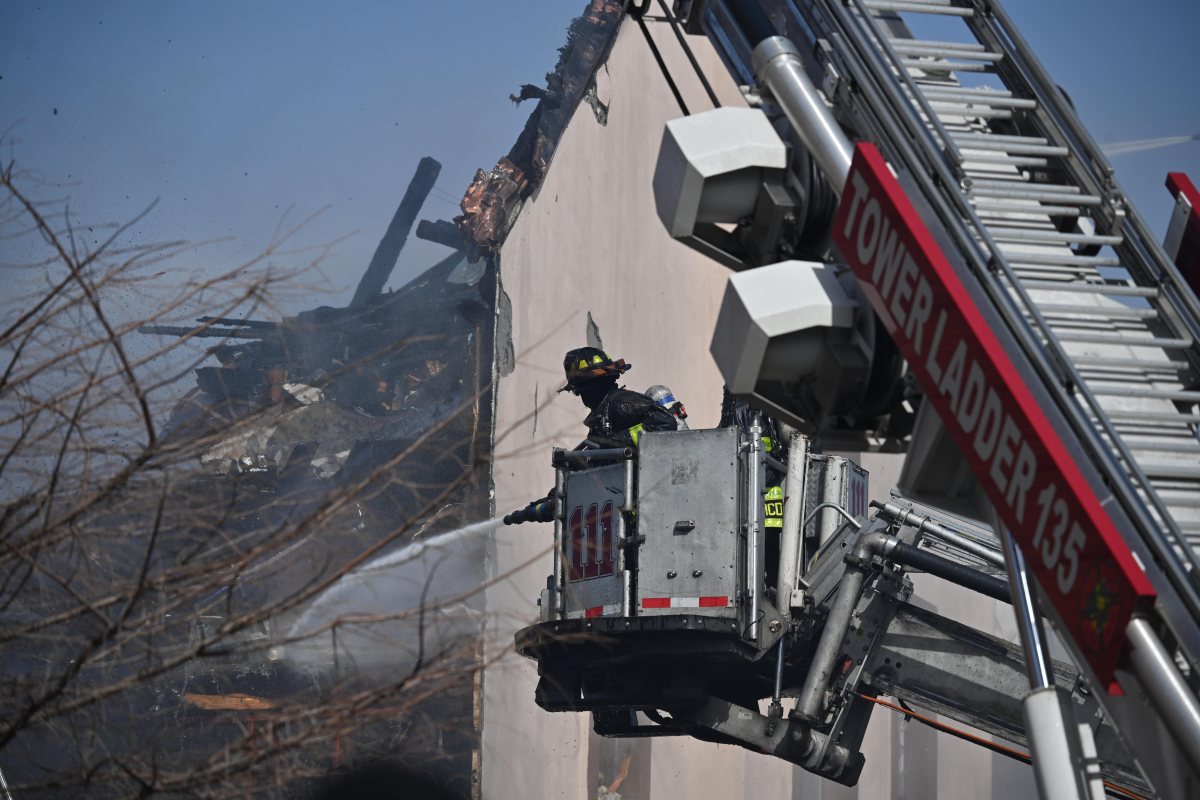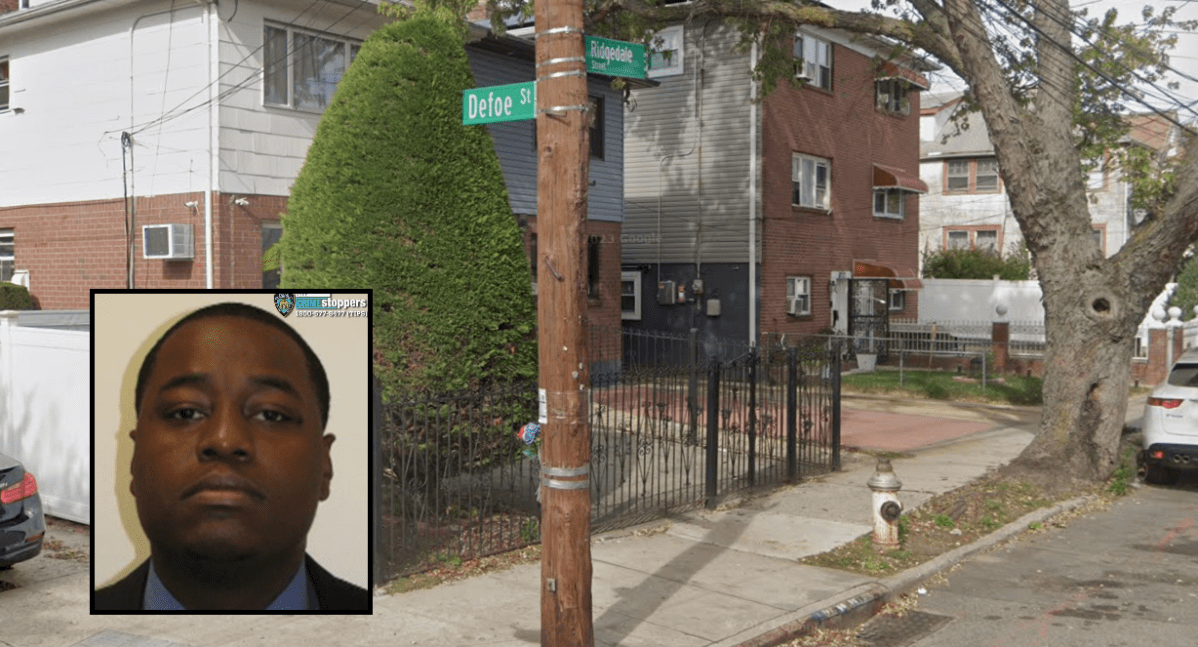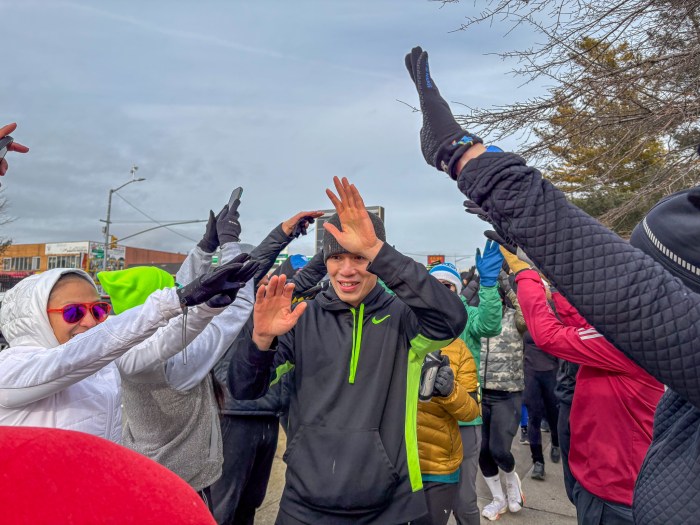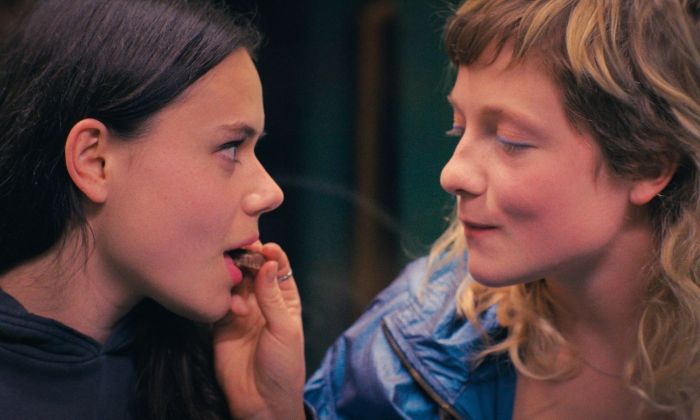For more than a decade, Brooklyn has been known as a hipster capital — a place where beard-sporting, bike-riding creative types could juice organic kale and recite ’90s Jay Z lyrics while somehow managing to afford the borough’s escalating rents.
As a member of the Park Slope Food Coop for more than 20 years (my current shift is walking shoppers to their homes or cars and bringing back their carts), I’ve always felt I had a fairly good barometer on how artists got by in the city. Academics, designers, DJs and yoga instructors were among the usual list of shoppers whose organic produce I escorted along Park Slope’s uneven streets.
Recently, though, I’ve noticed a subtle shift in professions. Sure, there are still many who work in the arts, but increasingly I have met the wives of bankers, real estate investors and other white-collar types.
It’s a signifier, of course, of the borough’s changing face. As rents and home prices continue an endless upward trajectory and cranes occupy the skyline like skeletal dinosaurs, it’s inevitable that the hipsters, unless they are trust-fund kids, will have to make way for the next wave of gentrification: rich people with more conventional jobs and little, if any, facial hair.
According to a rent-affordability study by real estate website StreetEasy, some NYers shell out as much as 60% of their income on rent — with Brooklyn topping the list.
Among my informal surveying of Food Coop shoppers, a pattern seems to emerge. Hipsters with kids are heading for the hills: upstate New York, Philly and New Jersey. They are heading to places where they can raise families, have relative access to the city and still belong to progressive communities. Childcare, schooling and, of course, housing are prime concerns.
As New York City continues to become less affordable and more crowded, that affluent demographic will enlarge. Soon the people tapping away on their gunmetal macs in coffee shops won’t be aspiring novelists or freelance writers, but day traders and real estate brokers selling million-dollar condos in formerly gritty Brooklyn nabes like Bed-Stuy, Crown Heights and Bushwick.
And New York City will never be quite the same.
































